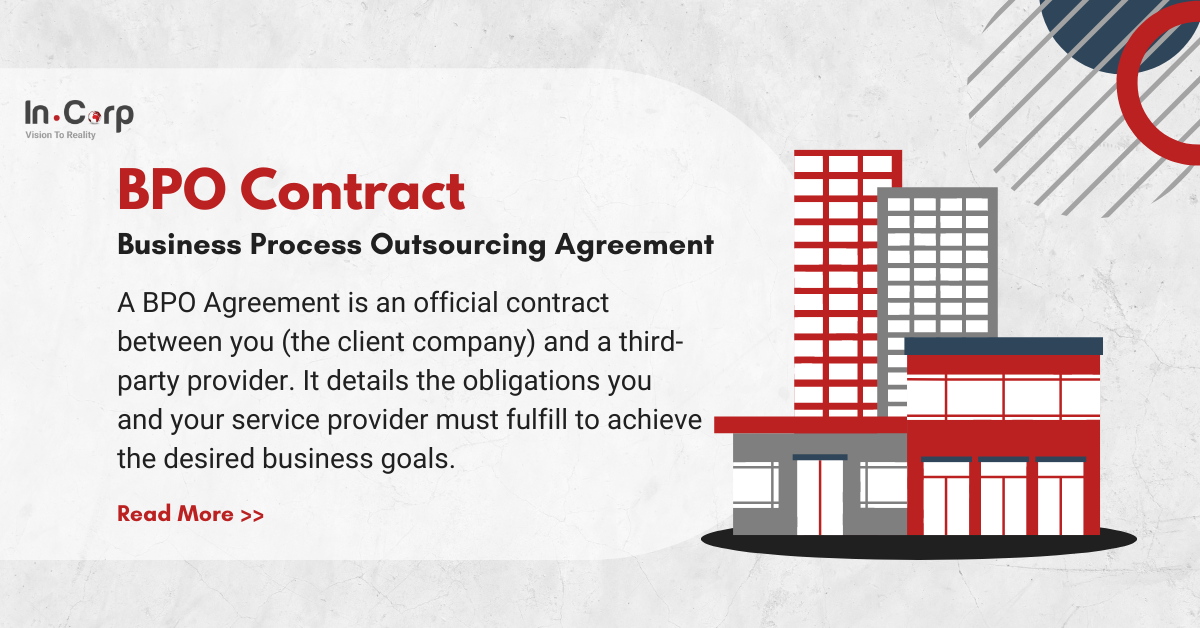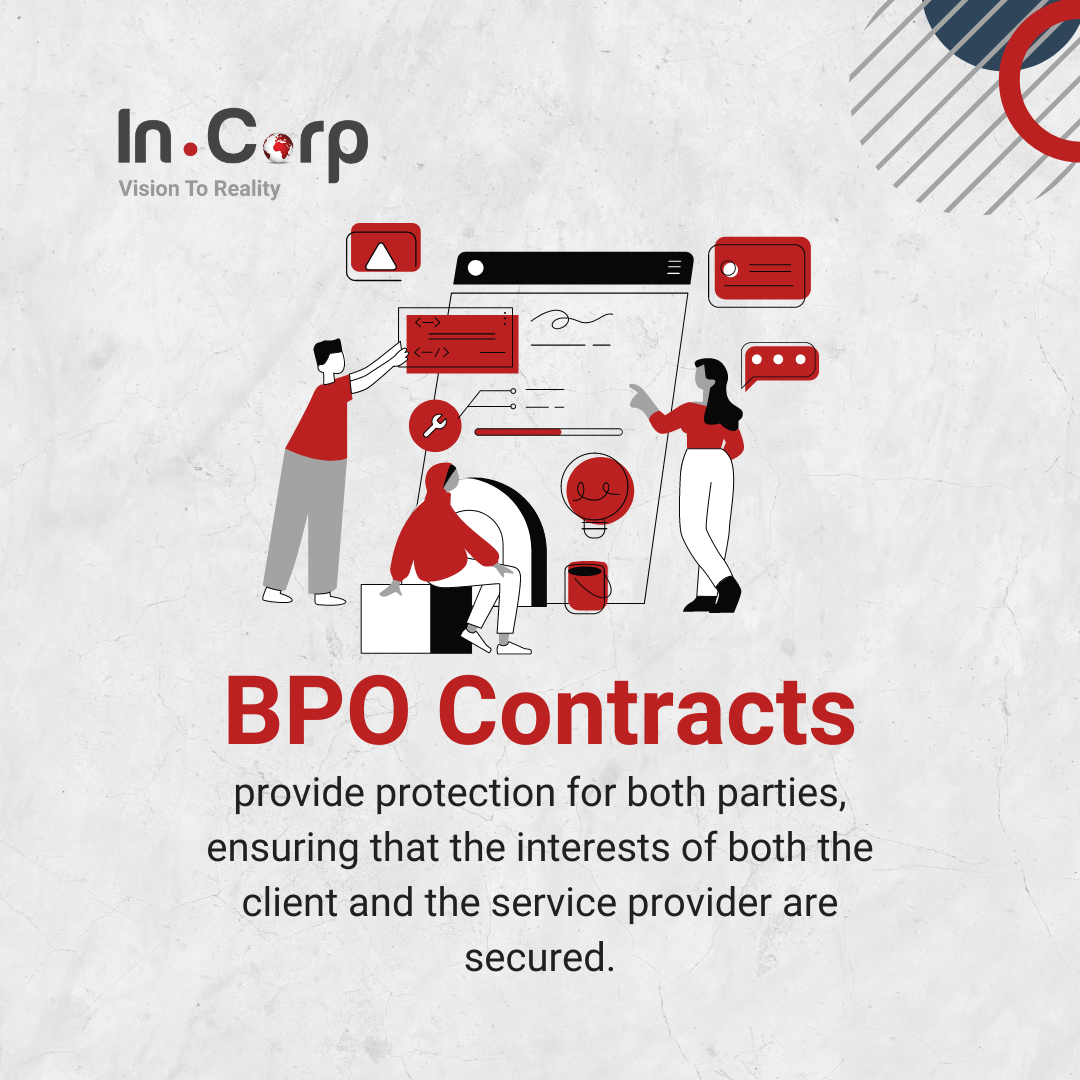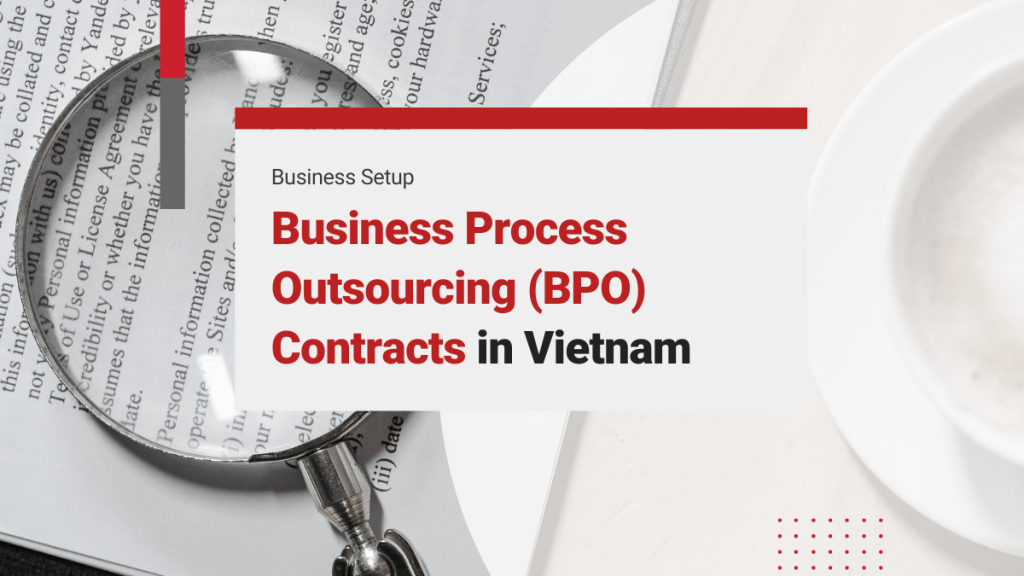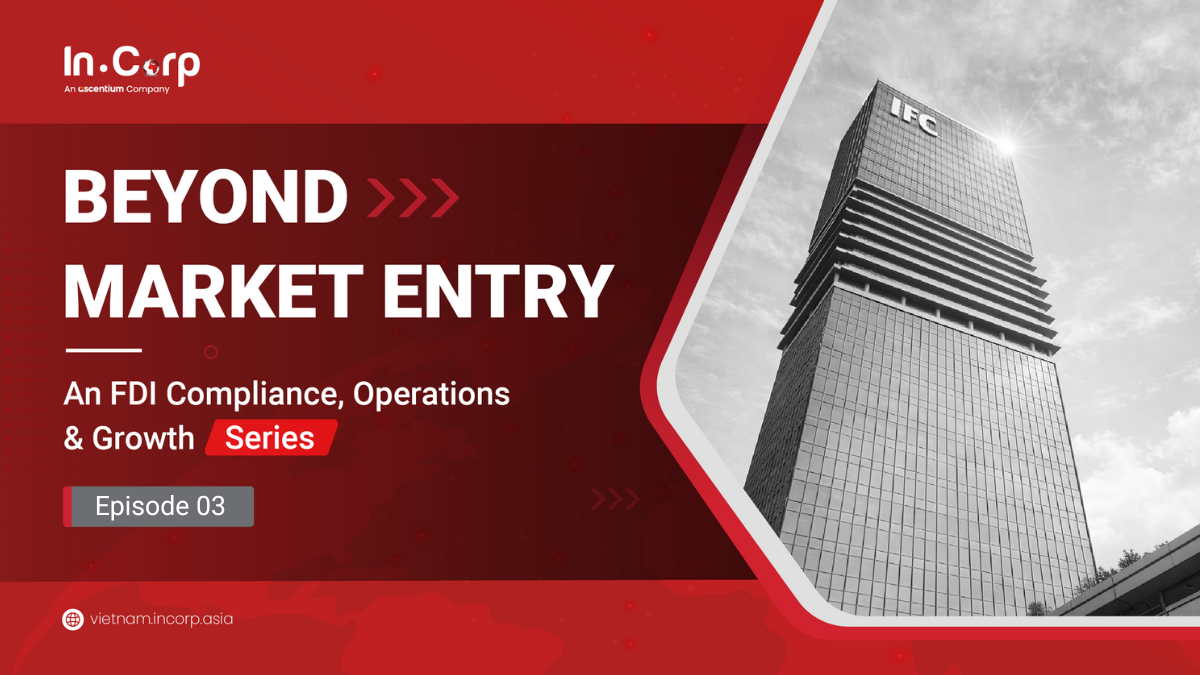A robust business partnership is further reinforced by a legal agreement that fosters security and trust. Without legal binding, business deals can pose significant risks that may impact the success and sustainability of the collaboration. One of the primary risks is the heightened likelihood of misunderstandings and disputes, as there is no documented agreement delineating roles and responsibilities.
A well-defined partnership contract is essential for precisely outlining requirements and establishing a strong foundation for expected services. This is particularly important in industries with extensive collaboration processes, such as business process outsourcing (BPO).
In this article, we will explore BPO contracts, including their types, the risks associated with non-compliance, and tips for effective negotiations. We will also underscore the critical role that contracts play in safeguarding the interests of business partnerships.
Need help with Operating a Company in Vietnam? Check Out InCorp Vietnam’s Business Process Outsourcing Services in Vietnam
What is a Business Process Outsourcing (BPO) Contract?

A Business Process Outsourcing (BPO) agreement is a legal contract between a client company and a third-party service provider, authorizing the provider to manage essential yet non-core business functions. These agreements are designed to enhance operational efficiency by clearly defining the roles, responsibilities, and expectations of both parties involved.
Originating in the manufacturing industry, BPO has expanded to various other sectors, where companies outsource specific business processes to specialized vendors. Commonly outsourced functions include bookkeeping and accounting, data entry, technical or information technology (IT) support, human resources, customer service (including call centers), appointment setting, and sales or marketing support.
A BPO contract is typically a long-term performance agreement, wherein the third-party service provider acts as an agent of the client company, playing a crucial role in the operational chain. The client focuses on smoothly transferring in-house business functions, while the service provider prioritizes performance measures, service scope, and maintaining high work quality through established benchmarks.
These agreements safeguard the interests of both the client and the service provider, establishing a framework for effective communication and seamless coordination. Payments to the service provider are usually contingent upon the completion of assigned tasks, ensuring that the agreed-upon standards and objectives are met. In summary, BPO agreements are vital for enhancing collaboration, operational efficiency, and business success by leveraging specialized external expertise for non-core business processes.
Read Related: What is Business Process Outsourcing (BPO) in Vietnam?
Different Types of Business Process Outsourcing (BPO) Contracts
Business Process Outsourcing (BPO) agreements can be categorized into four main types, each suited to different service needs and project requirements:
Time and Materials Contract
The Time and Materials (T&M) contract operates on the principle of billing the client for the actual time spent and materials used in completing the outsourced tasks. This contract type offers flexibility and transparency, as costs are directly tied to the resources consumed.
– Key Features:
- Billing: Based on prearranged hourly rates for team members and the cost of materials used.
- Flexibility: Ideal for projects with evolving requirements, allowing adjustments as needed.
– Applications: Commonly used in dynamic projects like software development, where project scopes may change during the development process.
– Considerations: The total cost of ownership can vary depending on the duration and scope changes.
Fixed Price Contract
A Fixed Price Contract establishes a set price for the entire project, agreed upon by both the client and the service provider. This contract type is suitable for projects with well-defined scopes and deliverables.
– Key Features:
- Cost Certainty: Provides a steady, predictable cost for the service.
- Defined Scope and Deadline: The project scope and timeline are fixed.
– Applications: Works best for projects where requirements and deliverables are clearly defined from the outset, such as specific marketing campaigns or standardized services.
– Considerations: While easier for clients to budget, scope changes or additional requirements can lead to renegotiations and potential extra costs.
Flexible Scope Contract (DSDM)
The Dynamic Systems Development Method (DSDM) is an agile project management and delivery method that allows for flexibility in scope while maintaining a focus on timely and effective results.
– Key Features:
- Agile Framework: Incorporates principles of Agile, enabling adaptive planning and continuous improvement.
- Collaboration: Emphasizes strong collaboration between client and service provider.
– Applications: Suitable for projects where requirements are likely to evolve, such as software development or complex service implementations.
– Considerations: Requires detailed planning and continuous communication to ensure that evolving requirements are met.
Pain Share/Gain Share Contract
Pain share/gain share contracts introduce a collaborative approach by tying the payment structure to predefined performance metrics, thereby aligning the interests of both the client and the service provider.
– Key Features:
- Performance-Based Payments: Payments are tied to the achievement of specific performance metrics.
- Shared Responsibility: Both parties share in the gains if performance exceeds expectations and share the pain if it falls short.
– Applications: Effective for projects where performance outcomes are critical, such as customer service operations or sales initiatives.
– Considerations: Encourages a sense of partnership and mutual investment in the project’s success, fostering a win-win scenario.
The Importance of Business Process Outsourcing Contracts

A Business Process Outsourcing (BPO) contract is a fundamental document that lays the groundwork for successful partnerships between businesses and service providers. Its significance stems from its comprehensive delineation of the obligations of both the client and the service provider, ensuring clarity and alignment in the partnership.
Defining Scope and Expectations
A well-structured BPO agreement specifies the scope of work, the expected level of service excellence, and the Key Performance Indicators (KPIs) that must be met. It also prescribes the course of action if service levels fall short of expectations. By meticulously outlining these aspects, the contract prevents misunderstandings, aligns objectives, and establishes a robust foundation for collaboration.
Enhancing Transparency and Collaboration
The essence of a BPO contract lies in its ability to foster transparency and underpin a mutually beneficial, revenue-driven business relationship. It clearly defines the client’s expectations concerning service quality, aligning them with the benchmarks and performance metrics set by the BPO vendor. This alignment ensures both parties work towards shared objectives, enhancing the effectiveness and efficiency of the outsourcing arrangement.
Offering Security
A BPO contract acts as a shield of assurance, providing peace of mind in interactions with the third-party service provider. It serves as a definitive record of each party’s responsibilities and the agreed-upon duration of service. Additionally, it protects against potential financial losses in the event of non-compliance or breaches of the stipulated conditions or terms.
Providing Detailed Legal Framework
A meticulously crafted BPO agreement solidifies the understanding between the client and the service provider, specifying the services to be rendered and the corresponding financial obligations. This documentation holds legal weight and can be presented before a court of law for enforcement or recourse in the event of any deviations or violations.
Risk Management
BPO agreements are indispensable risk management tools. They allow businesses to share certain operational risks with their BPO providers, who often have expertise in managing specific risks associated with outsourced processes, such as regulatory compliance, security, or market volatility. This shared risk management ensures compliance with relevant regulations and reduces the burden on the outsourcing company.
Financial and Operational Benefits
BPO contracts offer financial benefits by allowing businesses to save on costs associated with managing non-core functions in-house. Service providers, with their specialized expertise, often deliver better results at lower costs, including potential tax savings. The flexibility of a BPO agreement also allows for modifications in response to changing market dynamics, providing the agility needed to stay competitive.
Access to Innovations
Outsourcing companies are often at the forefront of advancements in specific business processes. They are more likely to adopt and upgrade to newer technologies, ensuring that your business benefits from the latest innovations.
Risks of Not Following Business Process Outsourcing Contracts
Failure to adhere to Business Process Outsourcing (BPO) contracts can lead to a myriad of risks, including:
- Quality Issues: Without a clear agreement, there is a higher likelihood of misunderstandings regarding quality standards, leading to subpar outcomes. This can affect the overall performance and satisfaction of the client.
- Scope Creep: A lack of a defined scope in the contract can result in scope creep, where the project expands beyond its initial boundaries. This not only causes delays but also incurs additional costs, disrupting project timelines and budgets.
- Legal Implications: Ignoring the terms of BPO contracts can have serious legal consequences. Disregarding the agreed-upon terms can lead to disputes, potential lawsuits, and damage to business relationships. This legal turmoil can further result in reputational damage and loss of trust.
- Financial Loss: Without a properly structured BPO contract, financial implications may become unpredictable. This unpredictability can cause financial strain on both parties, as unforeseen costs and budget overruns become more likely. The absence of clear financial terms and conditions can lead to misunderstandings and financial disputes.
Key Elements of Business Process Outsourcing Contracts
A comprehensive Business Process Outsourcing (BPO) contract is essential for ensuring a clear and effective outsourcing relationship. The following key elements should be included:
Scope of Work
This section outlines the responsibilities delegated to the supplier, describing the tasks, duties, and deliverables expected from both parties. Defining the scope and requirements helps the supplier understand their tasks and duties, preventing potential disputes and ensuring alignment with the client’s expectations.
Service Levels
This section details the outsourced services, key performance indicators (KPIs), review and change request procedures, and clauses for hiring subcontractors. Clear definitions of these elements set expectations for both parties and are crucial for ensuring accountability and quality assurance, particularly in areas like Human Resources BPO.
Pricing
The contract should specify all details of pricing, charges, and the payment structure, including how, when, and with whom the transactions will occur. It should also include terms for cost negotiation over specific periods, ensuring financial transparency and alignment with the agreed-upon terms.
Use of Assets and Transfer of Employees
If the client transfers or leases assets to the BPO specialists, this section should outline the terms. It should also detail conditions for moving employees to assist or oversee the outsourced process, ensuring clarity and compliance with the terms of the agreement.
Ownership & Intellectual Property Rights
The contract should define the ownership of the final product’s intellectual property (IP) rights. Whether the client retains full ownership or shares it with the BPO provider, the specifics must be clearly stated to prevent future disputes and misrepresentations.
Protection of Data & Warranties
The agreement must include regulatory compliance for data protection, especially if the BPO provider accesses personal data. It should outline security measures to protect data, establish procedures for handling sensitive information, and include warranties for the quality of services provided and liability clauses.
Limited Liability Clause
This clause limits the amount one party must pay the other for losses incurred due to the service contract. It covers breaches of contract, misrepresentation, negligence, and IP infringement, detailing the extent of financial responsibility in such cases.
Dispute Resolution
Given the higher chances of disputes in BPO services, this section should outline the procedures for resolving conflicts. It could involve negotiation, mediation, or arbitration, providing a streamlined process for addressing and resolving issues efficiently.
Monitoring & Audit Provisions
The contract should include provisions for monitoring the supplier’s services and conducting audits to ensure compliance with service levels. This may include protocols for auditing cybersecurity measures, data integrity, reporting duties, step-in rights, and the frequency of audits, particularly if service levels decline.
Termination of Agreement & Exit Management
Termination rights allow the client to end the contract if it is not meeting expectations. The agreement should include an exit plan detailing how the termination will be managed, what assets will be returned or retained, and the handling of intellectual property rights. This ensures an orderly conclusion to the outsourcing relationship.
Need help with Business Process Outsourcing Contracts in Vietnam? Check Out InCorp Vietnam’s Business Process Outsourcing Services in Vietnam
Conclusion
In conclusion, Business Process Outsourcing (BPO) in Vietnam presents a strategic opportunity for companies looking to enhance efficiency, reduce costs, and access specialized expertise. However, the success of these outsourcing ventures heavily relies on well-structured contracts and agreements. By clearly defining the scope of work, service levels, pricing, use of assets, ownership rights, data protection, liability clauses, dispute resolution, monitoring provisions, and termination terms, both clients and service providers can establish a robust foundation for their partnership. These comprehensive agreements not only ensure transparency and alignment of expectations but also mitigate risks and safeguard the interests of all parties involved. As Vietnam continues to evolve as a prominent BPO destination, meticulous attention to contract details will be paramount in driving sustainable and mutually beneficial outsourcing relationships.

clients worldwide

professional staff

incorporated entities in 10 years

compliance transactions yearly
Learn the Right Setup for Business
Expansion in the Vietnam
Frequently Asked Questions
What is BPO with an example?
- BPO (Business Process Outsourcing) is the practice of hiring a third-party company to handle non-core business functions, such as accounting, customer service, or HR. For example, a Vietnamese company may outsource payroll processing to a specialized BPO firm to ensure regulatory compliance and save on operational costs.
What is business process outsourcing?
- Business Process Outsourcing (BPO) is the practice of contracting specific business operations or processes to a third-party service provider, often in another country. Commonly outsourced functions include customer service, accounting, human resources, and IT services. BPO can help companies reduce costs, improve efficiency, and focus on core activities.
What is the role in BPO?
- In Business Process Outsourcing (BPO), the role typically involves handling specific business tasks or processes for a client organization. These roles can range from customer service, data entry, and payroll processing to IT support and finance functions. Employees in BPO are responsible for executing these tasks efficiently according to the client's standards and service-level agreements. The goal is to enable the client to focus on core business activities while outsourcing non-core operations.






